Healthy Aging Experts
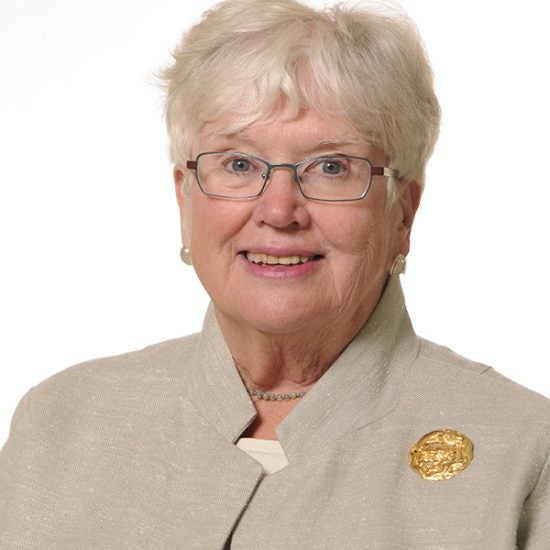
Susan Hughes
Expert on: design and testing of evidence-based health promotion programs, dissemination/translation research, use of imaging to assess impact of physical activity on brain health.
Dr. Susan Hughes is an expert on the design and testing of evidence based health promotion programs for older adults. She directs the Center for Research on Health and Aging and is PI of the NIH Roybal Midwest Roybal Center for Health Promotion. She has helped to disseminate several health promotion programs into practice in many states in the U.S. and abroad. She also currently directs an NIH supplement that is examining the impact of physical activity on cognition and brain function using f/MRI imaging.
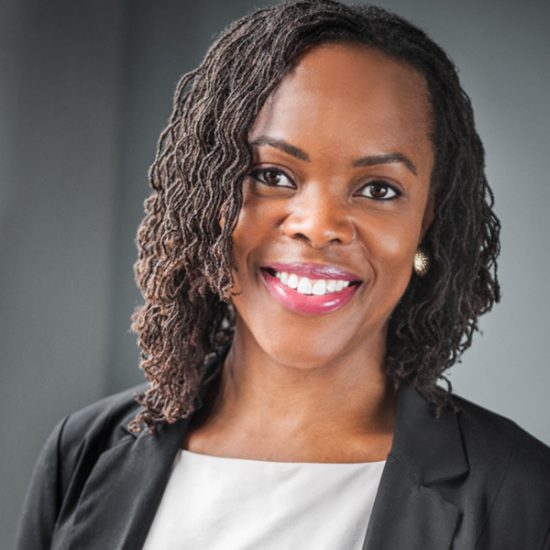
Uchechi Mitchell
Expert on: racial health inequities, minority aging, stress and resilience, biomarkers, psychosocial factors, disparities in technology use.
Uchechi Mitchell focuses on racial/ethnic disparities in the health and wellbeing of older adults. She uses data from large, national surveys to identify the pathways leading to disparities in psychosocial outcomes (e.g., hopelessness) and biomarkers of physiological functioning (e.g., allostatic load, inflammation). Her research highlights the role of stress, social support and coping in maintaining health and important health resources, like consumer technology.
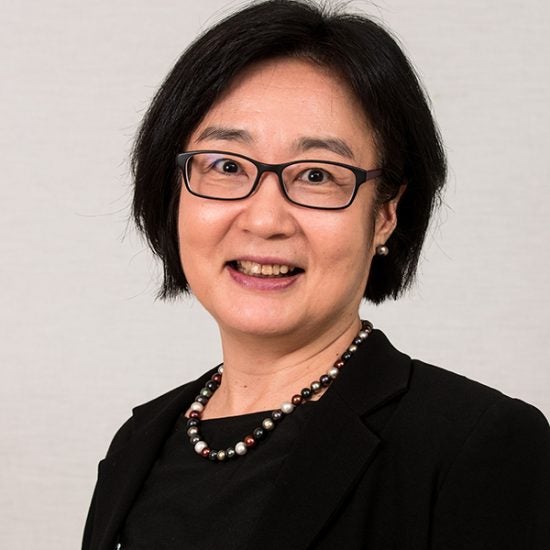
Naoko Muramatsu
Expert on: home and community-based services, social gerontology, aging and technology.
Naoko Muramatsu is an expert on home and community-based services, caregiving, and aging workforce. She is passionate about improving the well-being of aging populations and the quality of long-term care systems. Her research focuses on understanding how place impacts aging, health, work, and caregiving experiences of diverse populations nationally and globally. Her current research develops cost-effective, sustainable community-based health promotion programs in partnership with older adults, caregivers, community-based organizations, and multidisciplinary research teams.
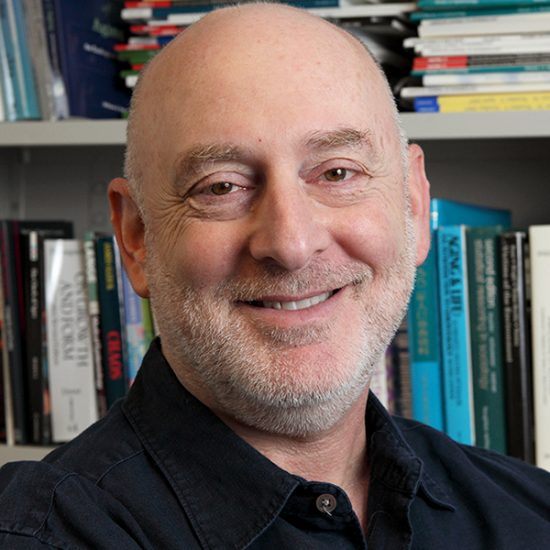
S. Jay Olshansky
Expert on: human longevity.
S. Jay Olshansky focuses on estimates of the upper limits to human longevity, exploring the health and public policy implications associated with individual and population aging, forecasts of the size, survival, and age structure of the population, pursuit of the scientific means to slow aging in people (The Longevity Dividend), and global implications of the re-emergence of infectious and parasitic diseases. Dr. Olshansky is on the board of directors of the American Federation of Aging Research; he is the first author of The Quest for Immortality: Science at the Frontiers of Aging (Norton, 2001) and A Measured Breath of Life (2013); and co-edited Aging: The Longevity Dividend (Cold Spring Harbor Laboratory Press, 2015).
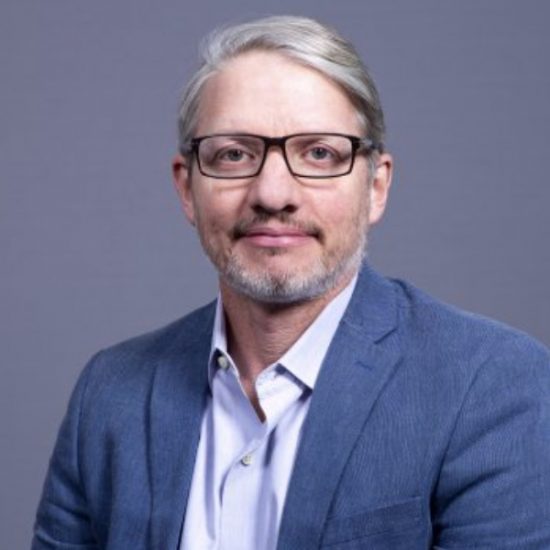
Benjamin Shaw
Expert on: social relationships; health behavior change; health disparities; social policy and healthy aging.
Benjamin Shaw is an expert on non-biomedical factors that influence the health of aging populations. His research is guided by a biopsychosocial model of health, and a social epidemiological perspective and seeks to deepen our understanding of the ways in which individual lifestyle factors interact with societal conditions in shaping individuals’ prospects for good health and independence during late life. Findings from his research have helped to strengthen the scientific basis for the development of new interventions and policies aimed at promoting healthy aging through targeting individuals’ behavioral, psychological, and social contexts.
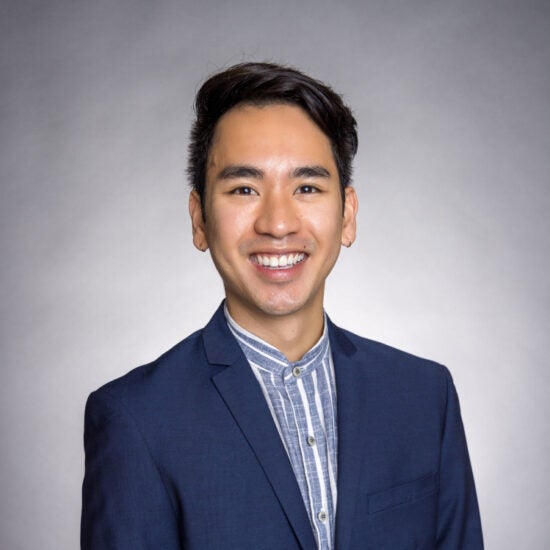
Nathaniel Tran
Expert on: LGBTQ+ health, home and community based services, cognitive aging
Dr. Nathaniel Tran is an expert in LGBTQ+ population health, with a focus on the effects of public policies on health and aging outcomes throughout the life course. Dr. Tran’s research delves into the unique social and healthcare challenges faced by LGBTQ+ older adults. They have led studies on the impact of adverse childhood experiences on mental health in later life, understanding if and how people disclose their LGBTQ+ identity in midlife and older age to healthcare providers, and describing unmet needs for social services to help LGBTQ+ older adults with disabilities. Dr. Tran’s work also advocates for structural competency in care, promoting affirming and inclusive practices to improve health outcomes for sexual and gender minorities as they age, ensuring equitable access to care across the lifespan.